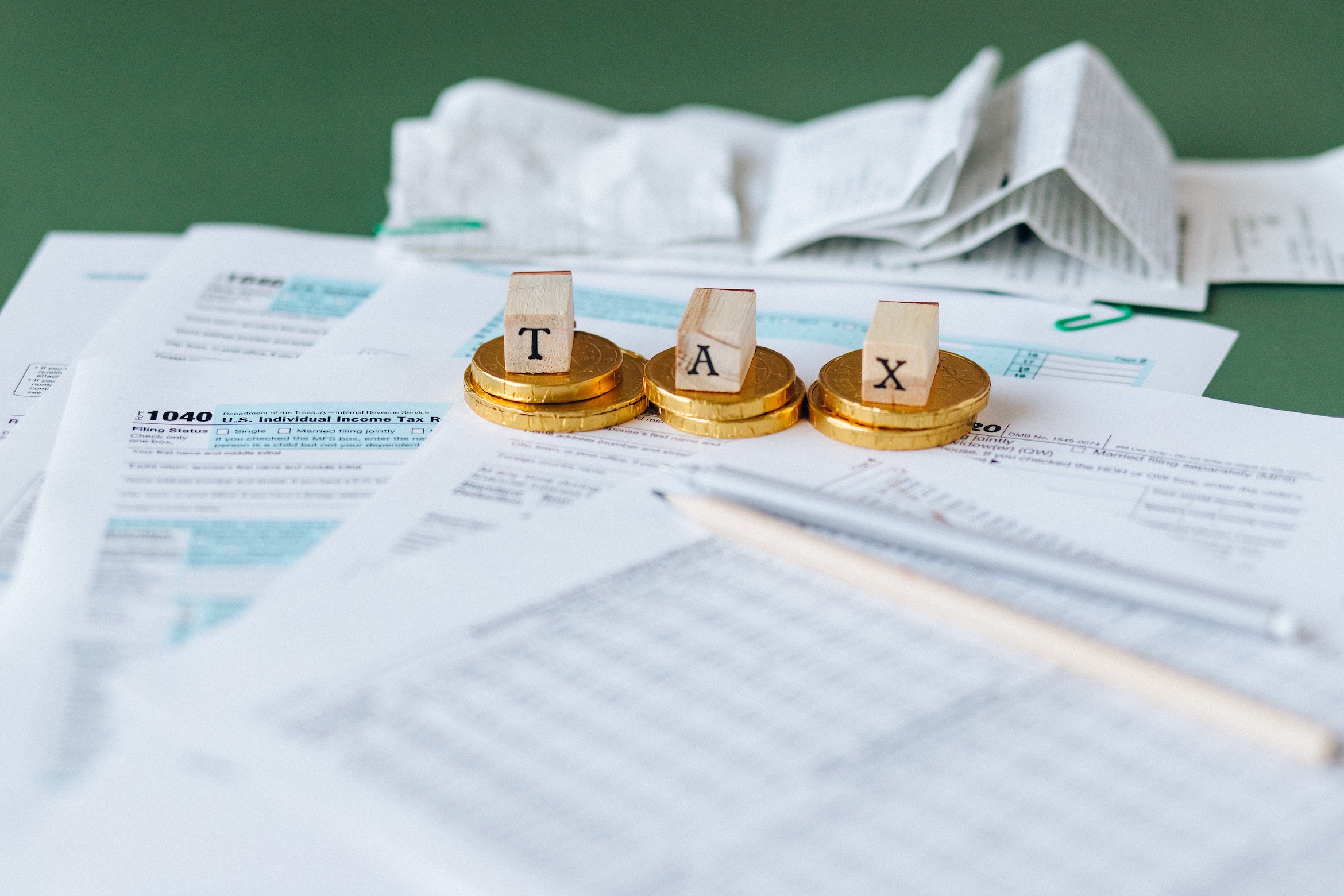
The past few years have seen a slew of new legislation and rules impacting landlords, with 2022 so far being no exception. Not adhering to the rules can result in fines or in the most extreme cases potential prison terms so it’s imperative all those who rent out property keep abreast of current legislation.
Below we have outlined the most important changes that landlords need to be aware of this year…
Tax Changes
VAT-registered landlords who have a rental income of over £85,000 will be obligated to transition to the Making Tax Digital System. The main change landlords need to be aware of is that rather than sending one annual declaration, individuals now need to send four separate submissions (one per quarter) and then confirm the numbers via a signed declaration. Self-employed landlords with an annual income of £10,000 or more have until 2024 before being compelled to move over to MTD.
Renters Reform Bill
This piece of legislation was scheduled to be debated in Parliament in 2021 but was delayed because of the COVID-19 outbreak. The bill is still not on the statute book, however, several interest groups including housing charities are now encouraging the government to ensure this piece of legislation is included in the next Queen’s speech.
So what would the bill include? Below are the main aspects…
- No-fault evictions. At present, a landlord can regain possession of their property by either waiting until the end of a fixed-term tenancy or by way of serving the tenant with a section 21 notice. This, it is argued, can leave tenants in a difficult position having to find a new place to live within a short time frame. The new legislation will, if passed, scrap this system and usher in what is known as “no-fault” evictions, whereby the landlord would only be able to regain possession via specialist tribunals. It has been estimated by the housing Charity shelter that in the past three years there have been over 200,000 so-called “no-fault” evictions in the UK, so the legislation is sure to have a wide-reaching impact if it is introduced.
- Lifetime Deposits – The landlord must legally lodge your deposit with an approved protected deposit scheme when you rent a property. This means they [the landlord] cannot access the money at will or make financial gains from accruing interest for example (as was the case under the old system where they kept the deposit in their own bank account). The new bill seeks to enhance this change a step further by introducing lifetime deposits which can then be transferred from property to property when a tenant moves, thus speeding up the moving process.
- Landlord Database – Interestingly there is no current publicly available register of private landlords – even for those landlords who have breached the law in respect of their tenancies. This is also something the bill will seek to change with proposals for a database of rogue landlords plus the compulsion for all landlords to be registered with a redress scheme.
Interest rate rises
For landlords who have a mortgage on their rental properties, the prospect of higher interest rates will be of particular significance. as of May 5th, the Bank of England base rate is 1.00% up from 0.75% in May 2022. Previous to that, rates have been at a historic low of 0.25%, triggered by the impact of the financial crash. Rising interest rates of course mean higher mortgage payments, resulting in higher costs for landlords. With inflation continuing to increase there will undoubtedly be further pressure on the central bank to raise rates once again later in the year.
Pets
Pets have long been an issue of debate when it comes to rental properties. Recent changes to the model tenancy agreement issued by the government mean that instead of a tenant having to ask their landlord permission to keep pets they instead have default consent to do so with the onus being on the landlord to state in writing why they object to the tenant request.
Carbon monoxide alarms
At present, by law, a rental property must have a working and tested carbon monoxide alarm. However, there are now plans for this to be potentially changed, so that there has to be an alarm in any room that is used as living accommodation that also has a gas boiler. The alarms themselves are not that expensive to purchase so this should not be any sort of additional burden for most landlords.
Energy efficiency
The current minimum energy efficiency rating for a rented property is “E”. However, given the drive towards reaching net zero by 2050, there are plans to increase the minimum efficiency rating to “C” by 2025. So for those landlords who own property that is in the D or E bracket, it really is a good time to seriously think about how to make their property more energy-efficient. This could include installing a new boiler or improving the insulation. In addition to this, there is also the option of installing more energy-efficient lighting or investing in double glazing.
Notice periods (Wales)
In Wales changes that were legislated last year will come into effect which means landlords cannot legally regain possession of their property without giving the tenant a minimum of six months’ notice. This change was part of a wider piece of legislation called The Renting Homes (Amendment) (Wales) Act 2021. However because the request from a landlord cannot be made within the first six months of a tenancy, the period is effectively twelve months (except in cases where the landlord serves a section 8 notice for breach of the tenancy agreement)
With rule changes occurring seemingly every year that passes its imperative landlords are attuned to any new rules that come into effect as failing to act in some cases can end up with very serious consequences for the property owner.




 POSTED BY
POSTED BY 

